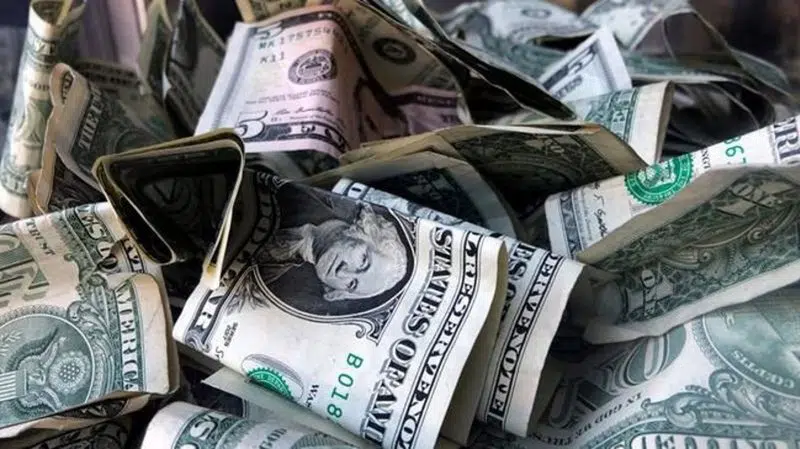
Filthy lucre: Paper money shunned for fear of virus spread
NEW YORK — In a world suffering a pandemic, cash is no longer king.
A growing number of businesses and individuals worldwide have stopped using banknotes in fear that physical currency, handled by tens of thousands of people over their useful life, could be a vector for the spreading coronavirus.
Public officials and health experts have said that the risk of transferring the virus person-to-person through the use of banknotes is small. But that has not stopped businesses from refusing to accept currency and some countries from urging their citizens to stop using banknotes altogether.
Open Books, a non-profit bookstore in Chicago, sent an email to customers last week asking individuals not to use cash. A chain of diners in Washington State has also stopped accepting cash. And delivery services like Grubhub, Door Dash, and others have instituted “no contact” deliveries, and have either stopped offering cash as a payment option or are actively discouraging it.


